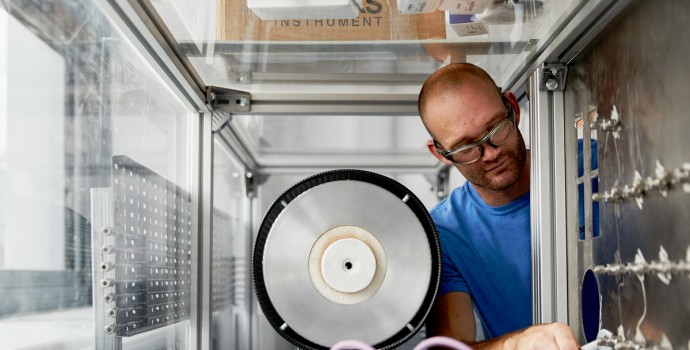
Politics and International Relations
Discover your research degree study options, including areas of expertise for our academic supervisors.
Why you should join us
Our research degrees will help you advance or change your career, deepen your expertise, and expand your research and practical skills.
Our research areas
Discover our areas of expertise and browse our experts. We encourage you to discuss your research ideas with us – even if your topic is not listed.
- American domestic politics
- Comparative public policy
- Critical and poststructuralist international politics
- Critical political theory
- Energy and environmental security
- European energy policy
- European Union
- Foreign policy of the United States since 1945
- International relations theory
- Narrative and literary approaches to international politics
- Politics of storytelling
- Russian foreign policy
- Social movements and civil society
- Technology and politics/power
- Twentieth-century British political history
Qualifications you can study
You can do a research degree on campus or remotely through distance learning. Choose from one of these programmes:
- PhD — three years full-time, six years part-time
- MPhil — two years full-time, four years part-time
- Masters by research — one year full-time, two years part-time
Find out about the research degrees we offer.
Start dates
Most of our postgraduate researchers enrol in October. You can also join us in January and April.
Application information
Entry requirements
To apply, you’ll need a first or 2.1 honours degree, or an equivalent qualification.
International postgraduate researchers must have strong English language skills.
We welcome applicants from non-standard backgrounds. We’ll take subject knowledge, professional experience, publications, or other relevant achievements into consideration.
Find out more about our standard entry requirements.
Scholarships, fees and funding
Contact us
Speak to us
About this subject
For an initial discussion, contact Dr Sadiya Akram, the research degrees co-ordinator for politics, political theory and international relations at s.akram@mmu.ac.uk
General admissions
For further information on the application process, contact the admissions team at pgradmissions@mmu.ac.uk


